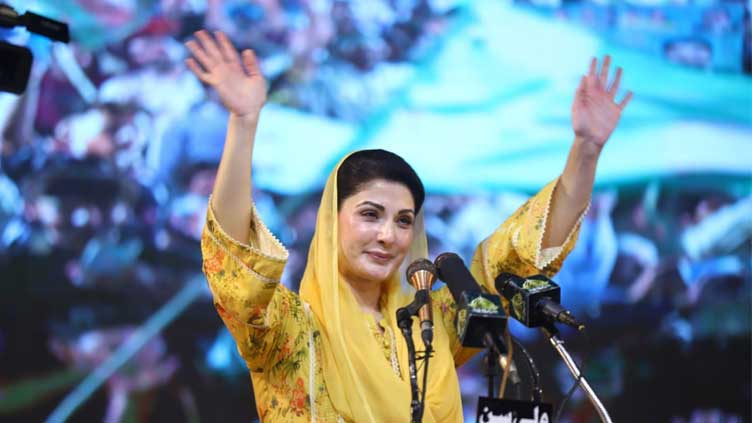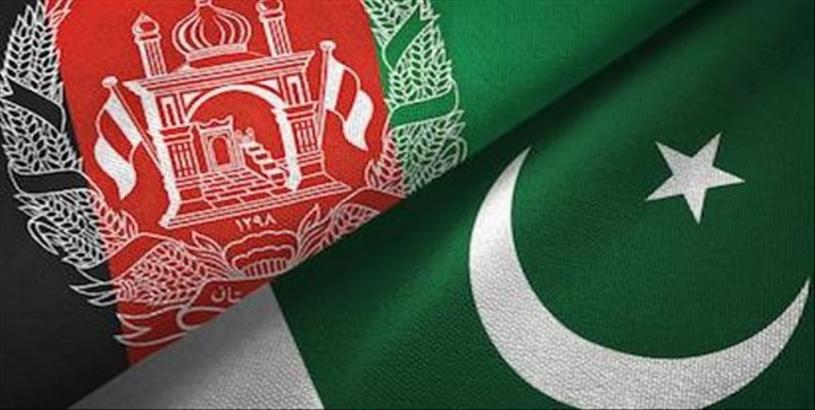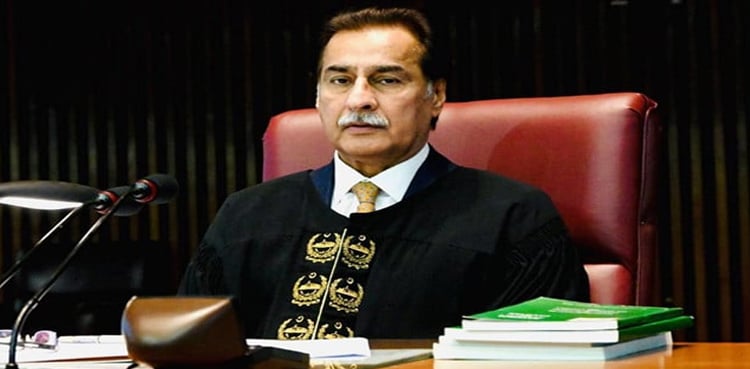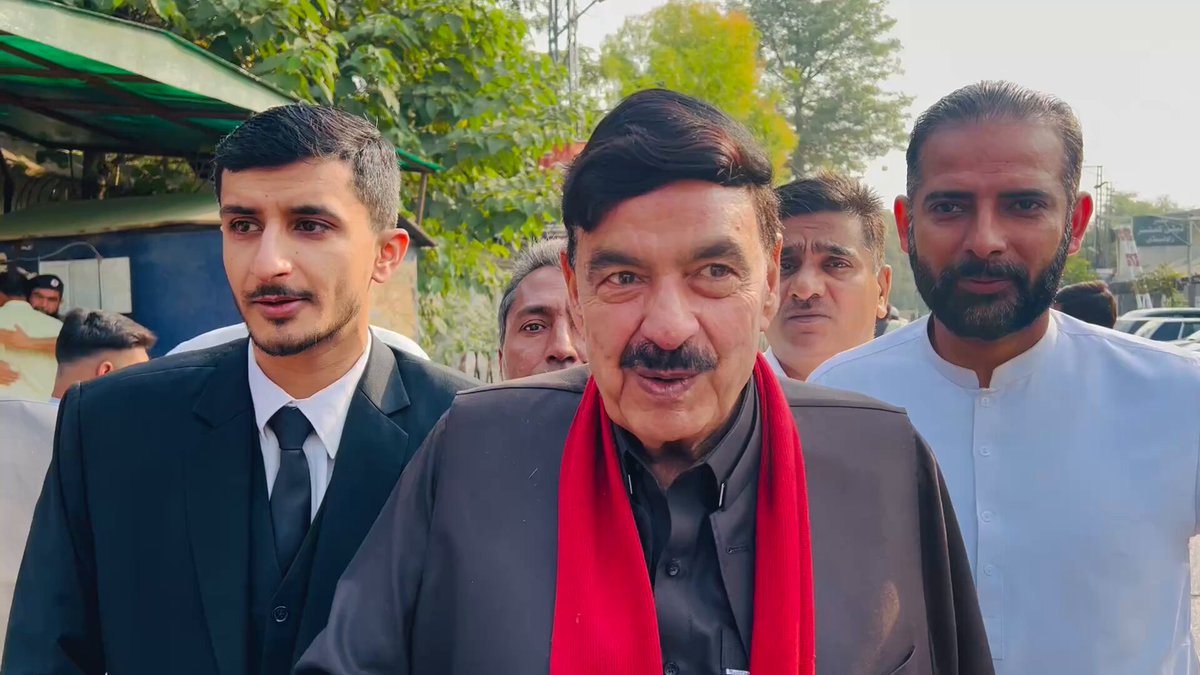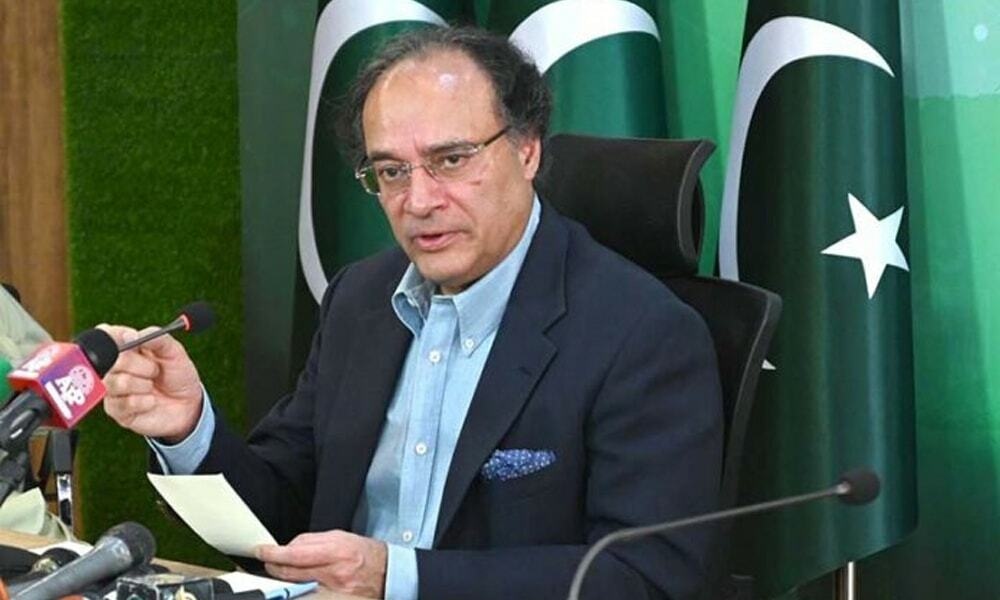Pakistan stocks in turmoil amid continued political uncertainty
By Muhammad JuniadPublished On 13 Feb 2024
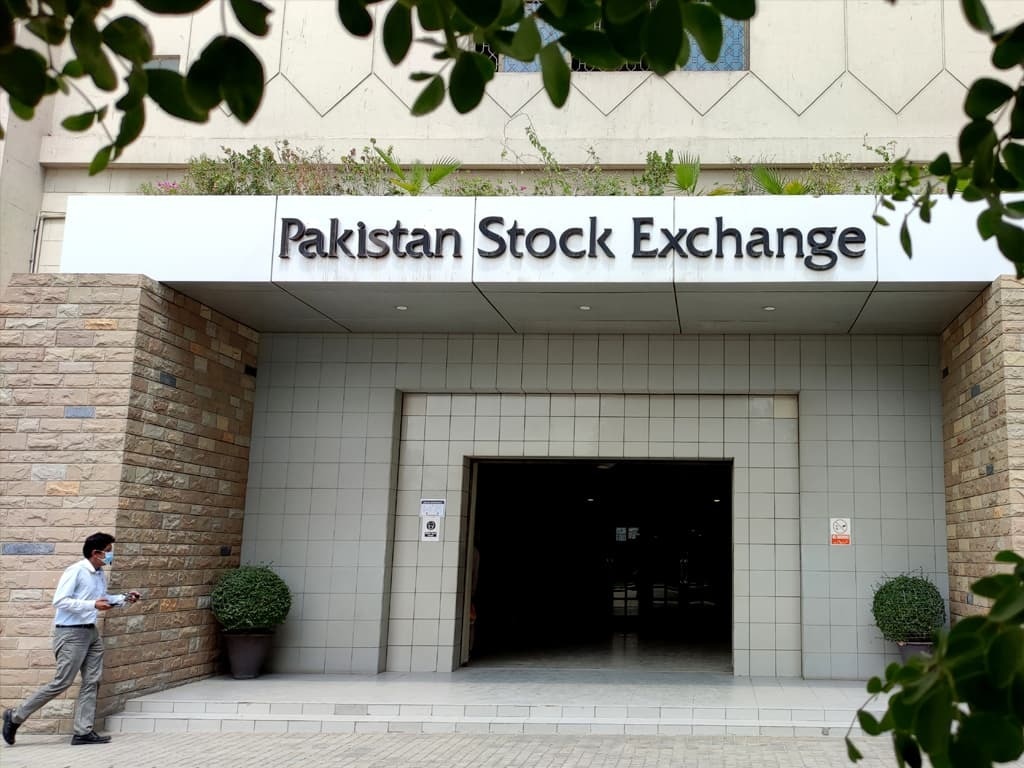
KARACHI – Political uncertainty is continuing damaging the stock market, as the KSE-100 Index opened the Tuesday session with another over 2 per cent decline – a trend exposing the fragile nature of Pakistan’s economy.
The slide at Pakistan Stock Exchange comes at a time when the country is already facing the consequences of record interest rates, which aren’t expected to come down amid the stubborn inflation thanks to rising energy tariffs and food prices.
At the same time, the dollar is growing stronger globally as the current US inflation trend means the Federal Reserve – a guide for economies around the world – won’t go rate cuts soon. The earliest possible cut can come in May, but only if the US data supports the move.
With Pakistan expected to continue grappling with political instability even after the formation of a weak coalition government, the signs aren’t good, as the rupee is likely to weaken against the US dollar.
This market response shouldn’t be a surprise as political stability is essential for economic progress, which Pakistan has been lacking for the last few years – a trend which the business community wanted to see reversed with a clear mandate and strong government.
With all the hopes for a stable government dashed, Pakistan will now have a coalition government comprising parties that have different economic priorities and policies at a time when the country needs to tackle the vital questions including the role of state-owned enterprises, the development model to be followed and how to provide relief to the masses crushed by inflation.
At the same time, record interest rates have paralysed the economy, meaning there is no economic activity to produce employment opportunities and lead to wage hikes amid the shrinking purchasing power.
Pakistan still awaits the release of the third and final tranche under the current IMF programme which will end on March 31, as the Washington-based top lender wants Islamabad to dispose of the lossmaking state-owned enterprises such the PIA and the Pakistan Steel Mills.
However, the coalition government will mean that there would be very little room for the future prime minister and the economic czar to fulfil the promises made with the electorates as the conflicting views of the partner parties are going to block any swift movement.
Meanwhile, more hikes in energy tariffs under the IMF pressure will going to the hurt the future government unless it comes with an effective alternative.

